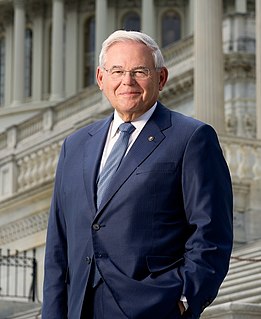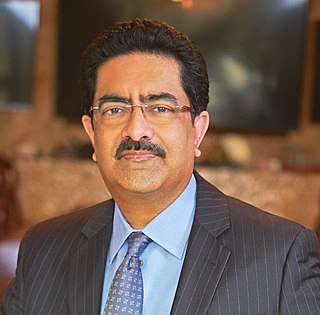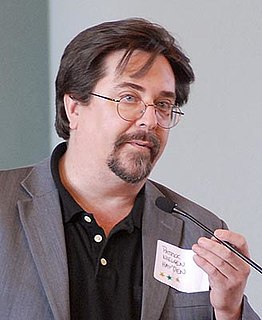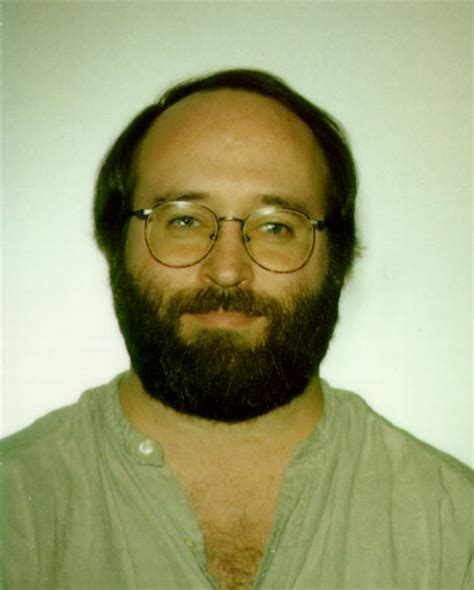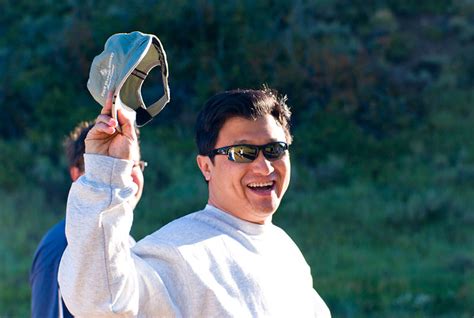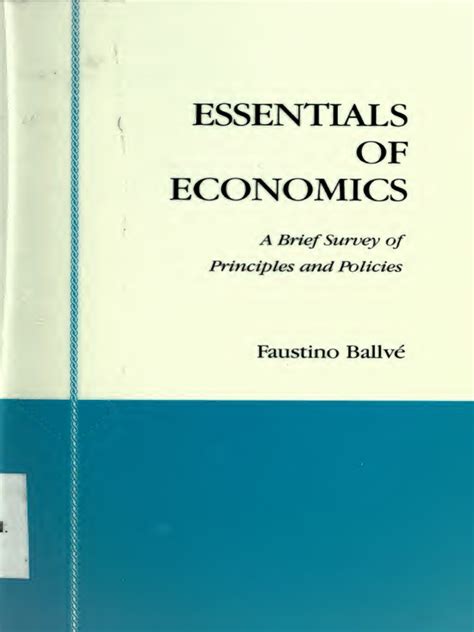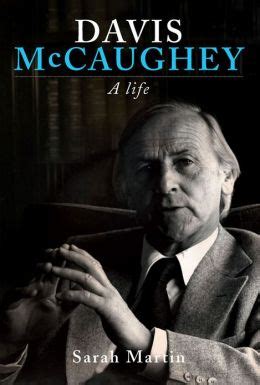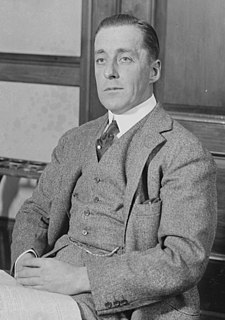Top 1200 Free Market Capitalism Quotes & Sayings - Page 2
Explore popular Free Market Capitalism quotes.
Last updated on December 19, 2024.
We must continue to liberalise the single market, cut red tape and basically create a digital single market. We have not completed the single market yet, there is not sufficient free movement of goods, labour, services and money. We have to keep on working at that against all the protectionist tendencies that we have right now.
We need to revise our economic thinking to give full value to our natural resources. This revised economics will stabilize both the theory and the practice of free-market capitalism. It will provide business and public policy with a powerful new tool for economic development, profitability, and the promotion of the public good.
All existing art was religious until perhaps a hundred years ago. Within that there's obviously been lots of room for manipulation. I think that's because our current religion is capitalism. Capitalism has the functions of patronage, commissions, control of content, bestowing of space, elevation of certain artists over others based on how much they pander to people in power, the determination of value of the work, all of it. Capitalism commissions artwork now, the market.
Capitalism, Socialism, Fascism, Communism, the Free-Market .... What good are these approaches for? These attempts are made by men who are cerebral insufficient. I'm trying to give you back your brain, which they took away from you in schools and in your upbringing. I'm trying to show you how the world works. So if you want a better world, you have to get up off your ass and make it better
A free culture supports and protects creators and innovators. It does this directly by granting intellectual property rights. But it does so indirectly by limiting the reach of those rights, to guarantee that follow-on creators and innovators remain as free as possible from the control of the past. A free culture is not a culture without property, just as a free market is not a market in which everything is free. The opposite of a free culture is a "permission culture" -- a culture in which creators get to create only with the permission of the powerful, or of creators from the past.
At the turn of the [21st] century it was really Sergey Brin at Google who just had the thought of, well, if we give away all the information services, but we make money from advertising, we can make information free and still have capitalism. But the problem with that is it reneges on the social contract where people still participate in the formal economy. And it's a kind of capitalism that's totally self-defeating because it's so narrow. It's a winner-take-all capitalism that's not sustaining.
Failure is a big part of a free market's success. People fail to live up to their potential, or to carry out all their good intentions, in all kinds of economic and political systems. Capitalism makes them pay a price for their failures, while socialism, feudalism, fascism and other systems enable personal failures, especially by those at the top, to be ignored.
There's a real difference between venture capitalism and vulture capitalism. Venture capitalism we like. Vulture capitalism, no. And the fact of the matter is that he's going to have to face up to this at some time or another, and South Carolina is as good a place to draw that line in the sand as any.
The great multinationals are unwilling to face the moral and economic contradictions of their own behavior - producing in low-wage dictatorships and selling to high-wage democracies. Indeed, the striking quality about global enterprises is how easily free-market capitalism puts aside its supposed values in order to do business. The conditions of human freedom do not matter to them so long as the market demand is robust. The absence of freedom, if anything, lends order and efficiency to their operations.
It's really interesting that we've had this great Tea Party movement that is all about restoring free market capitalist values, but what they completely fail to understand is that what we've got now is a situation where there is a small class of gigantic financial companies that have put themselves above capitalism.
Capitalism as a social order and as a creed is the expression of the belief in economic progress as leading toward the freedom and equality of the individual in a free and open society. Marxism expects this society to result from the abolition of private profit. Capitalism expects the free and equal society to result from the enthronement of private profit as supreme ruler of social behavior.
The Jacksonian era is generally talked about in terms of individualism, and the development of free market capitalism, and Victorian prudery. It was shocking to find a parallel history to that - a bunch of Americans with very different priorities. I stumbled on to these people, and then became completely fixated on them. The question that drove me was: how did these reasonable people adopt these extremely unreasonable ideas?
If business is going to continue to sell through the decades, it must also promote an understanding of what made those products possible, what is necessary to a free market, and what our free market means to the individual liberty of each of us, to be certain that the freedoms under which this nation was born and brought to this point shall endure in the future ... for America is the product of our freedoms.
The Internet has taken shape with startlingly little planning? The most universal and indispensable network on the planet somehow burgeoned without so muchasa boardofdirectors, never minda mergers-and- acquisitions department. There is a paradoxical lesson here for strategists. In economic terms, the great corporations are acting like socialist planners, while old- fashioned free-market capitalism blossoms at their feet.
I think that the big challenge of the 2020s for the country, and for the Conservative party, is to win the fight for free enterprise and the free society. This is under threat like at no other time in my lifetime. And the way that you do that is by demonstrating the benefits of a free market society.
It [the free market] is an organizational way of doing things, featuring openness, which enables millions of people to cooperate and compete without demanding a preliminary clearance of pedigree, nationality, color, race, religion, or wealth. It demands only that each person abide by voluntary principles, that is, by fair play. The free market means willing exchange; it is impersonal justice in the economic sphere and excludes coercion, plunder, theft, protectionism, and other anti-free market ways by which goods and services change hands.

